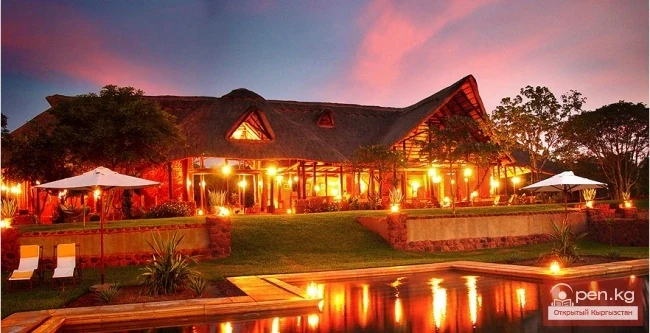The Smoke That Roars
The weather was magnificent. The road, like a red arrow, cut through the jungle. It sped towards the banks of the Zambezi River, where the border control point between Botswana and Zambia was located. After crossing the imaginary border, we boarded boats and, pushing off from the dock, sailed towards the opposite shore.
The boat was tossed and lifted by the waves. However, everything was according to the fairway. Soon we docked on the shore of Zambia. There were no customs or border guards, just crowds of black traders and money changers. We didn't need to figure out what to do next. The driver of the bus that was meeting us took care of everything; we just filled out a simple form and collected 40 dollars each. In about ten minutes, the visas were stamped in our passports. We could go.
Now, outside the window, the jungles of Zambia stretched out. It took us about an hour to reach the city of Livingstone. But we had another ten kilometers to go. Hidden in the jungles surrounding the city were several dozen beautiful hotels, also called lodges, just like in Botswana.
Our dock in Zambia, "Stanley Safari Lodge," was nestled in the dense jungle. Narrow paths among exotic flowers and plants connected ten amazing cottages with the main complex, which housed a restaurant, a swimming pool, a lounge, a museum, and other shared infrastructure.
The complex is situated on a hill. Each room is a separate chalet with unique architecture. From the facade, the building resembles a typical house. However, behind the door, the natural landscape continues. Views of the vast jungle and the Zambezi Valley open directly from the bedroom. The same enchanting views are available from the bathroom. Beautiful viewing terraces and platforms invite relaxation and contemplation. Some of these rooms are designed in two, sometimes three levels. Naturally, they come with all the service amenities corresponding to a star hotel.
As I mentioned, there are a huge number of hotels in this part of Africa. Each is a true fairy tale, a symbiosis of nature and the highest standards of comfort. The owners are mainly English, who have created a world of luxury and dreams in the surrounding reality of the aboriginals' blatant poverty. This world owes its birth and development to Victoria Falls—the greatest natural phenomenon on the planet. This world extends around, covering an area with a radius of up to fifty kilometers from the waterfall. The country has two capitals, which arose solely due to the waterfall: the city of Livingstone on the Zambian side and the city of Victoria Falls in Zimbabwe. Both cities have international airports. This region attracts about half a million tourists a year. And this is despite the constant political and social clashes among various layers of society.
The kaleidoscope of tourist services here knows no bounds. You can visit Livingstone Island, perched on the edge of the waterfall, swim in the "Devil's Pool," and enjoy a picnic with drinks and exotic snacks. You can fly on a hang glider over the roaring waterfall or circle in a helicopter, participate in rafting through the Zambezi canyons, or indulge in abseiling. I want to pause on this entertainment. A participant in the attraction, harnessed with special belts and devices, attaches themselves to a cable firmly anchored to the cliffs on the opposite sides of the canyon. The gazebo or harness is easily controlled. If desired, you can hover over the abyss or descend smoothly while observing the flight of birds. You can, by loosening the grip, dive swiftly into the shadowy space of the canyon and land at the bottom. Naturally, before starting, one must undergo a simple course on mastering the abseiling technique.
Read also:
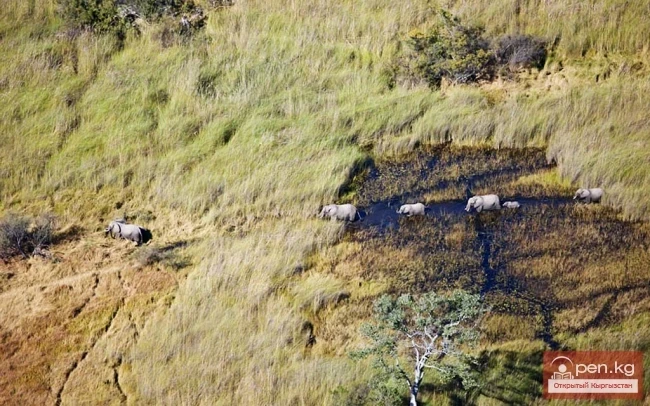
Lagoon of Tales and Valley of Elephants
At ten thirty, our mini-plane landed, and we were flying over the Kalahari once again. From this...
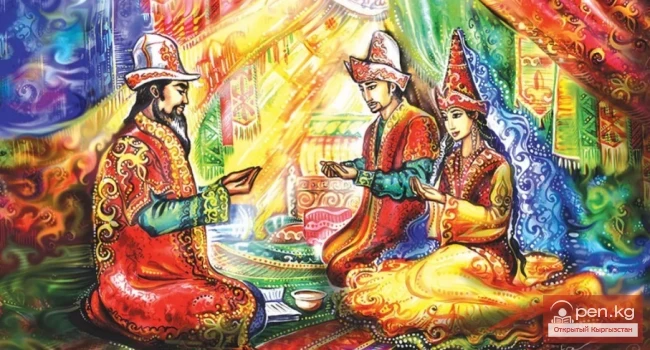
The Tale of Meer and Zara
ZAR AND MEER Once upon a time, it is said, there lived a king. This king lost his vizier, and he...
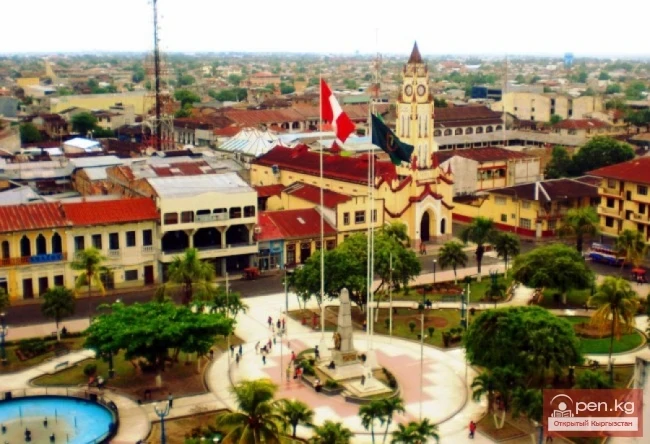
Heaven and Hell of the Amazon
Since childhood, the Amazon has been my dream. In the boyish imagination, it was a paradise filled...
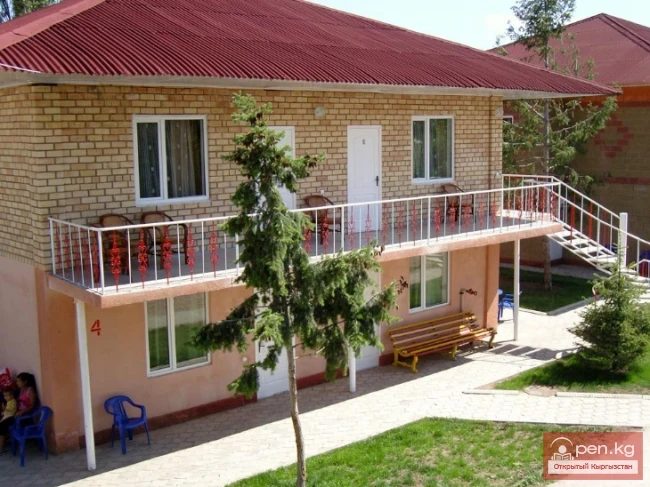
The title translates to "Diamond Shore Boarding House."
Almazny Bereg Resort is Suitable for a Quiet Family Vacation It is one of the recreation areas...
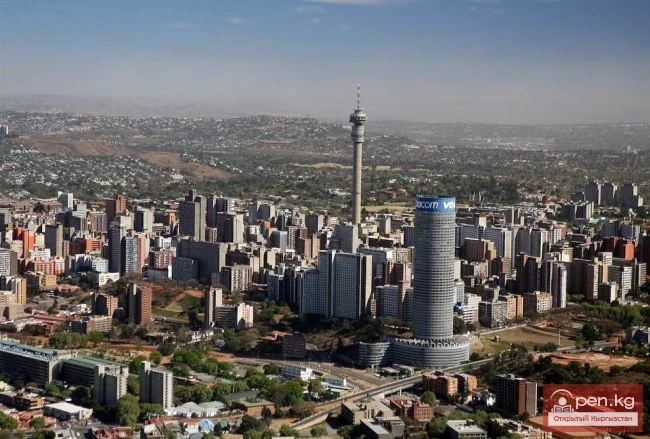
City of the Sun
In February, winter arrived. Bishkek was buried in snow and frozen by the cold. It was night. The...
Belogorsk Gorge
Belogorka...
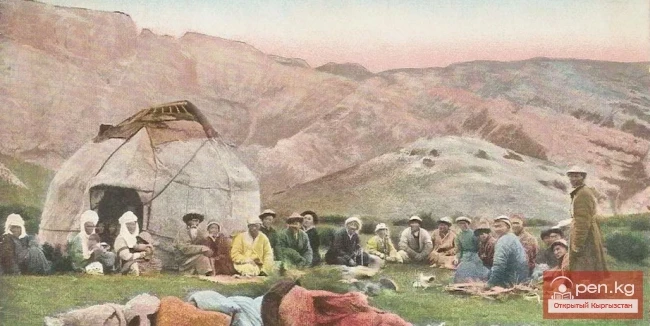
The Legend of How the Manap Shabdan Jantaev Wanted to Marry the "Alai Queen"
KURMANDZHAN AND SHABDAN The name Kurmandzhan — the "Alai queen," as the Russian press...
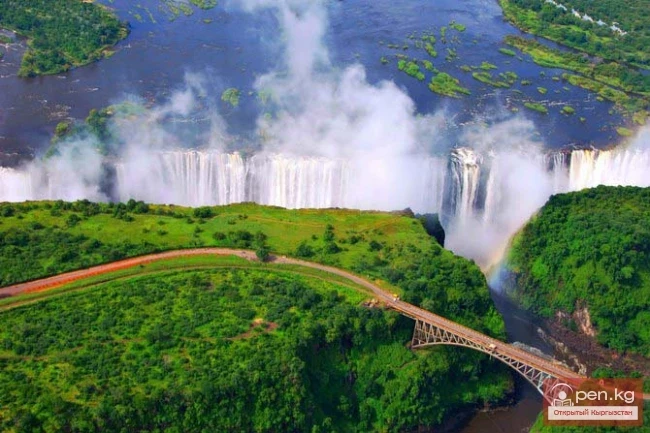
Republic of Zambia
ZAMBIA. Republic of Zambia A country in Central Africa. Area - 752.6 thousand km². Capital -...
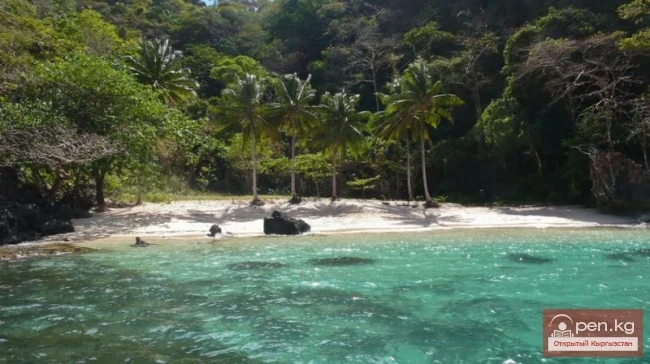
The Cave of Saint Paul
We arrived in Puerto Princesa by plane from Manila. The runway, flat as a table and paved with...
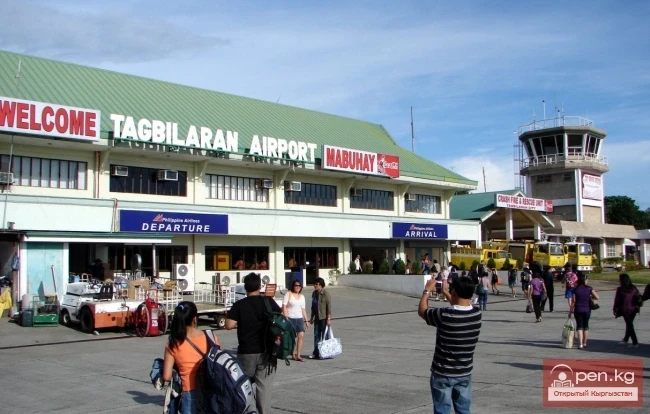
Chocolate Hills
The airport in Manila is as crowded as an anthill. There are a huge number of flights. The...
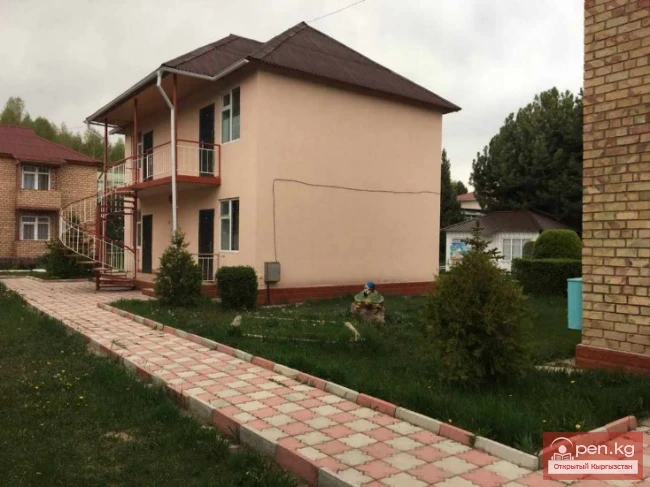
The title translates to "Pension 'Voyage'."
On the shore of the Pearl of Kyrgyzstan — Lake Issyk-Kul, the cozy pansionat "Voyage" is...
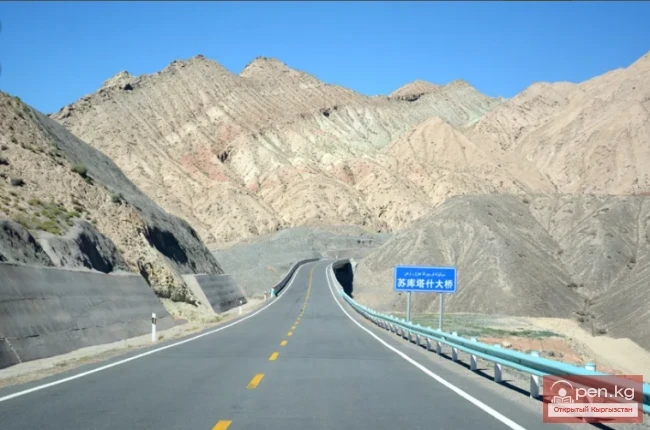
Mountain Passes of Kyrgyzstan with Neighboring Countries
Roads in the Sky Irkeshtam Pass is located in the Osh region and stretches from Sary-Tash to...
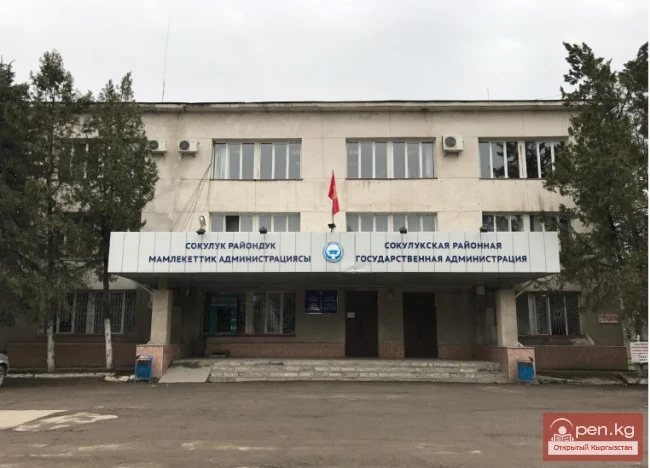
The Village of Sokuluk
Sokuluk – a large rural settlement It is the administrative center of the Sokuluk District. This...
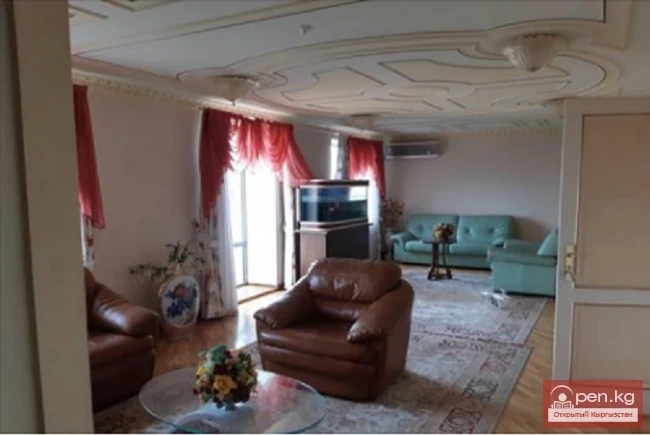
Hotel Aliya
Hotel "Aliya", city of Balakchy! General description Located on the shores of the...
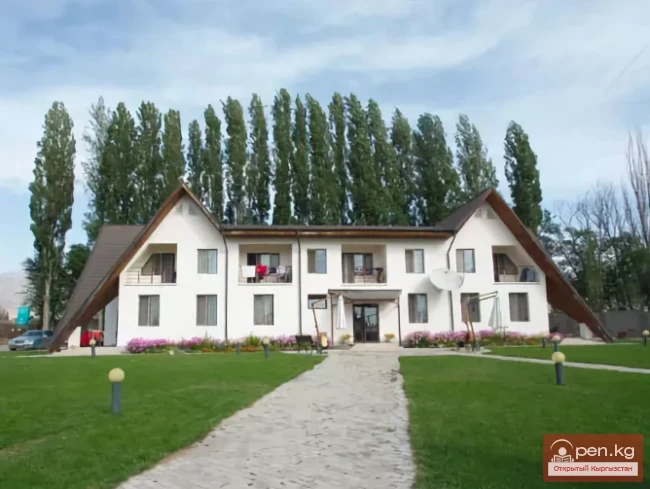
Hotel Dolinka
Dolina Hotel - a cozy and welcoming hotel Located on the northern shore of Lake Issyk-Kul, in the...
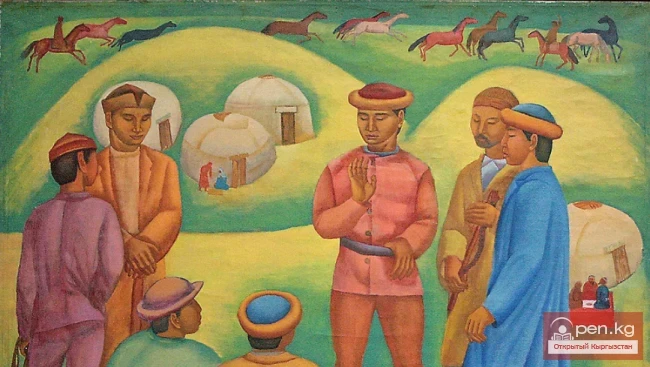
The Tale of the Seven Brothers
THE SEVEN SONS OF THE OLD WOMAN Once upon a time, there lived a poor old woman who had seven sons....
A 3-year-old child was hit near Asia Mall in Bishkek. He died.
In Bishkek, an accident occurred the day before, resulting in the death of a small child, reported...
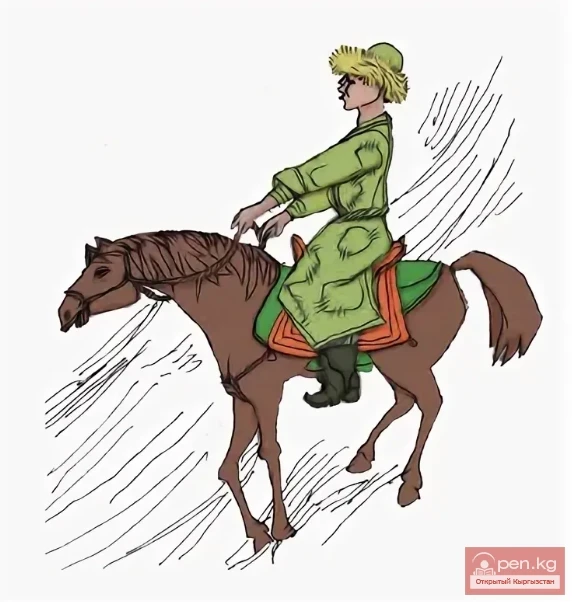
The Tale of Chotur the Orphan. Part - 2
Part - 2 Chotur thanked his friend, said goodbye, and set off on the road that his adoptive father...
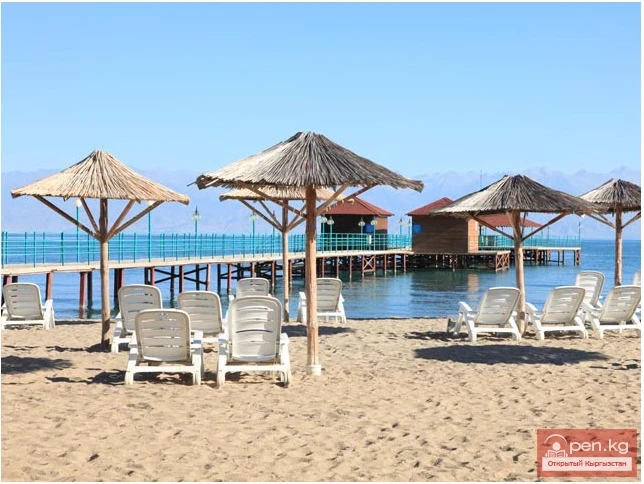
The title translates to "Rest House 'Kosh-Kol'."
Rest by the shore of Lake Issyk-Kul in the village of Kosh-Kol Accommodation: The buildings of the...
In Bishkek, it will get colder and rain is expected. Weather forecast for Kyrgyzstan from October 23 to November 4.
Weather forecast for various regions of Kyrgyzstan from October 23 to November 4. According to data...
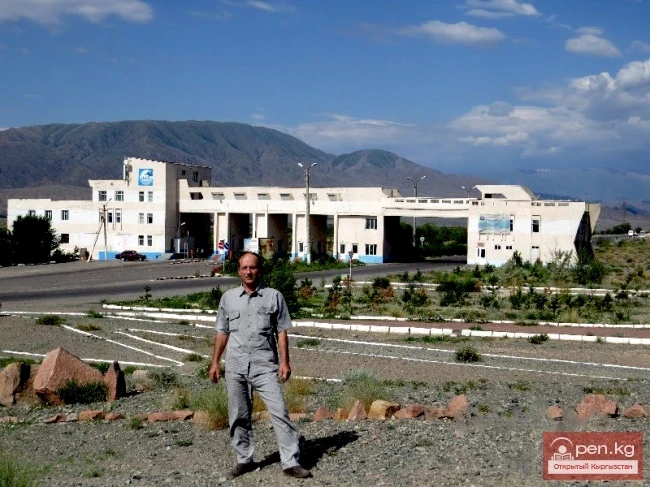
City of Balykchy
On the western shore of Lake Issyk-Kul, at the junction of the roads Bishkek — Naryn and Bishkek —...
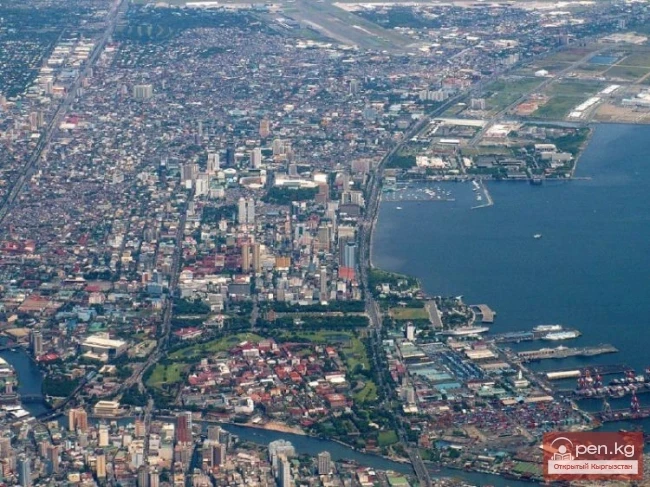
Rice Terraces of Banaue
It is very hot and stuffy on the plane, and outside the window, it is deep night. We are flying...
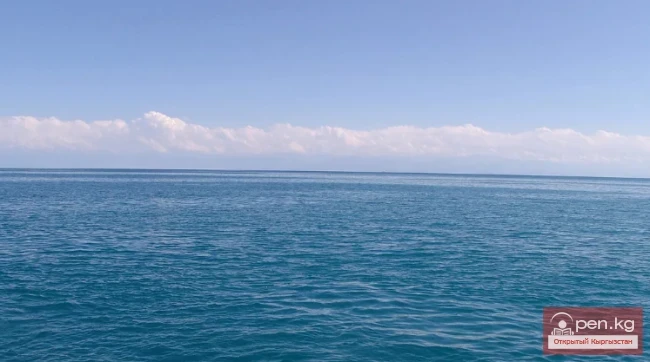
Children's Camp "Sunny"
Children's Camp "Sunny" Location: On the northern shore of Lake Issyk-Kul in the...

In Memory of the Poet-Patriot. Ul. Dzh. Bokonbaeva
IN MEMORY OF THE POET-PATRIOT BOKONBAEV In the late 1920s and early 1930s, Upper Street was the...
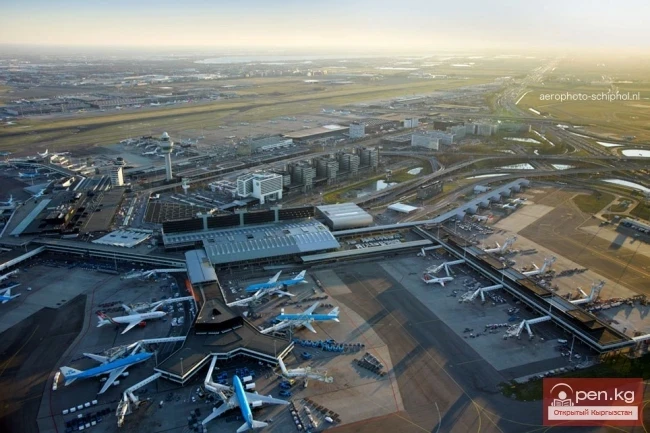
"Dear Volcanoes"
It was winter. February was unusually warm, with rain falling so lightly that it was hardly felt....
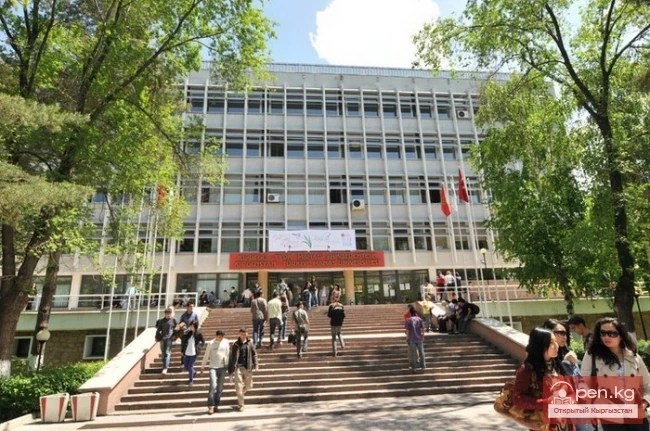
Ten Universities of Kyrgyzstan Made It to the European Ranking
The global study was conducted by the European Scientific and Industrial Chamber with a grant from...
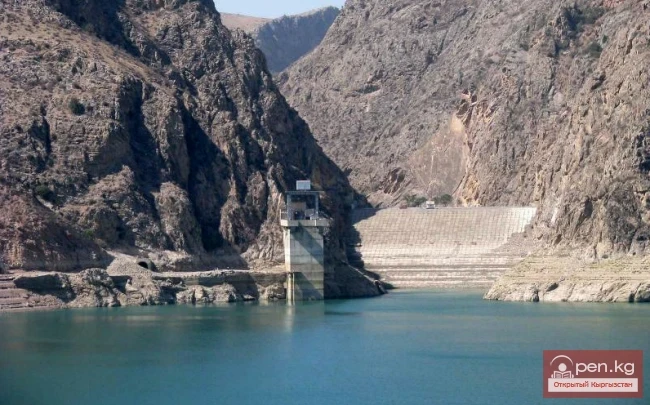
Papańskoe Reservoir
Reservoir in the Valley of the Ak-Bura River The location of the Papan irrigation reservoir basin...
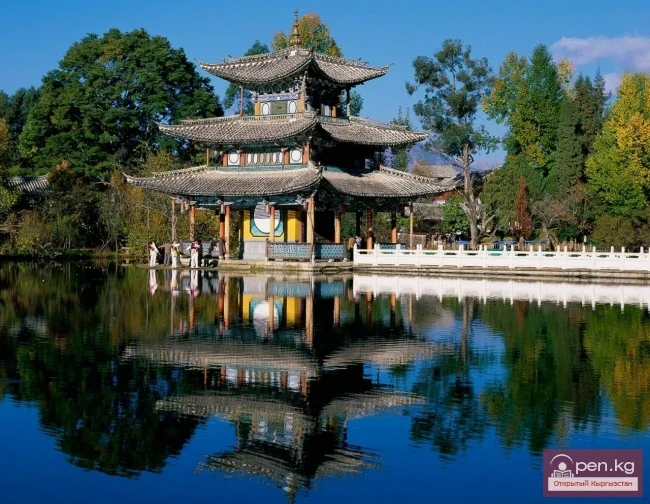
China (Xinjiang Uygur Autonomous Region of the People's Republic of China)
China is a vast country rich in tourist resources. The country is abundant in attractions and...
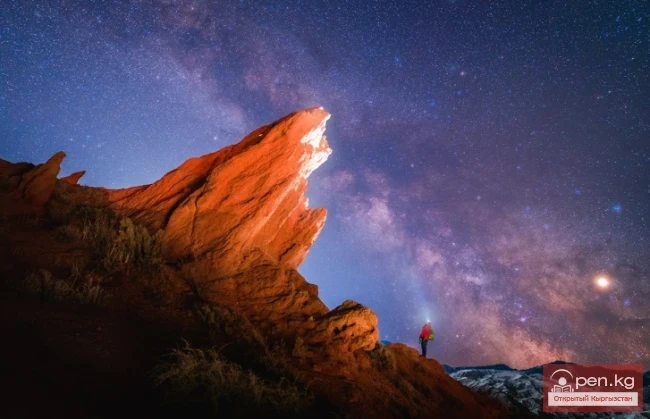
A Photographer from Holland Published Photos of Unique Places on the Southern Shore of Lake Issyk-Kul
Albert Dros — "I recently discovered Kyrgyzstan" Photographer from the Netherlands —...

"Where the Romance Sounds..."
On March 27 at 18:00 at the Kyrgyz National Conservatory...
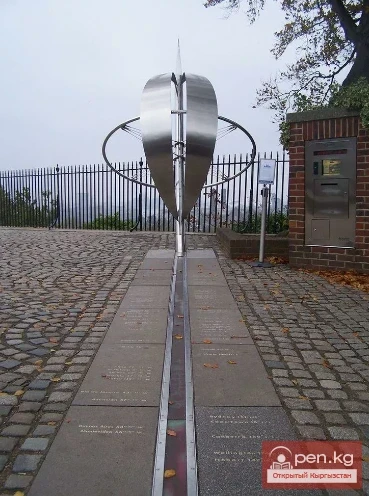
Time on Planet Earth
Amazing Facts About the Time Zones of Our Planet Until the end of the 19th century, the world did...
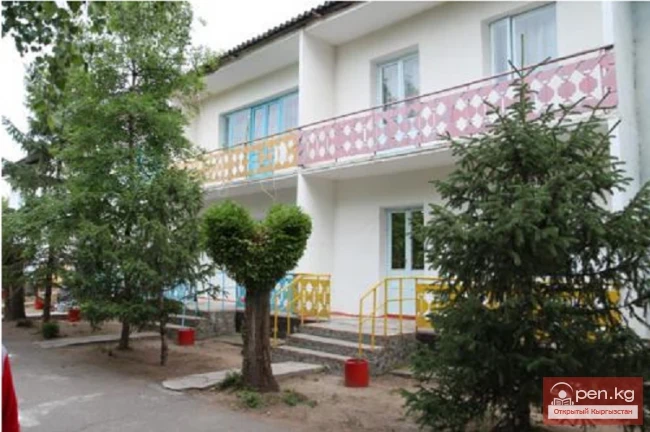
Children's Health Complex "Dzerzhinets"
Camp "Dzerzhinets" is eagerly awaiting its old and new friends. Location: on the...
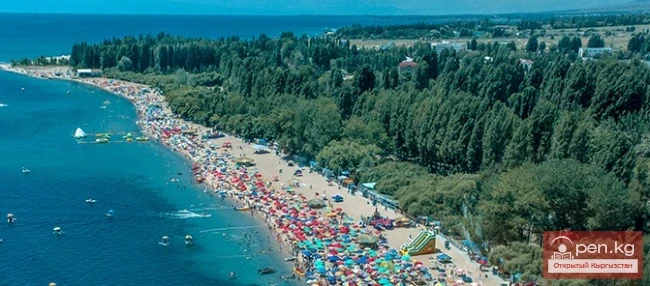
The title translates to "Guesthouse 'Blue Bay'."
Blue Bay Hotel on Issyk-Kul The recreation center "Blue Bay" is located in the village...

Chon-Jargylchak and Kichi-Jargylchak
"The Old Man and the Millstones" Once upon a time, in one of the villages by the shores...
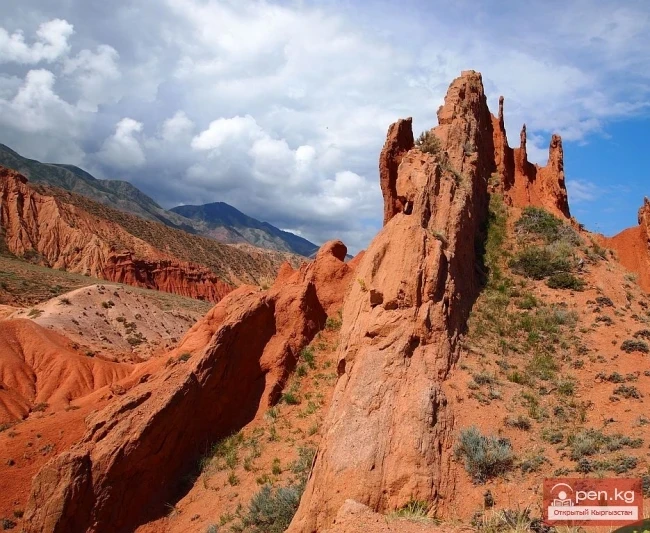
Boom Canyon
Boom Canyon is located 112 km from the city of Bishkek and serves as a unique natural gateway...
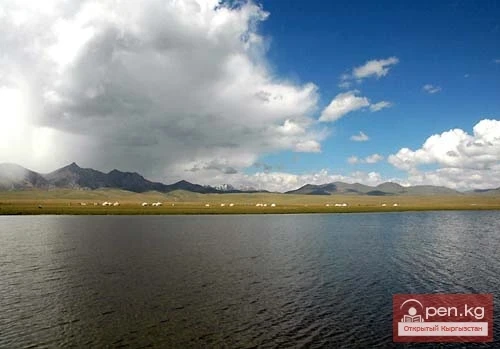
Diving at Sonkul
Diving at Song-Kul is possible. There is a normal dirt road leading to the lake. Access to the...
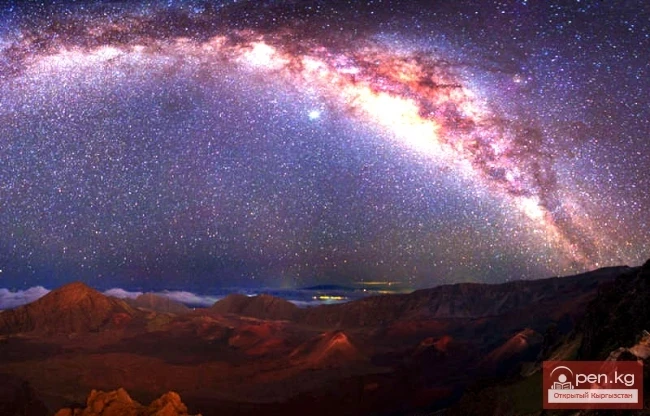
Samanchy Zhol — The Path of the Thresher
THE MILKY WAY...

Issyk-Kul Becomes the Central Asian Dawn
In the photo: Students and teachers from Gymnasium No. 1 in Chui region and School No. 52 in the...

The cable car from Almaty to Issyk-Kul could pay off in 5 years.
The cable car from Almaty to Issyk-Kul could pay off in five years. This was reported by the head...
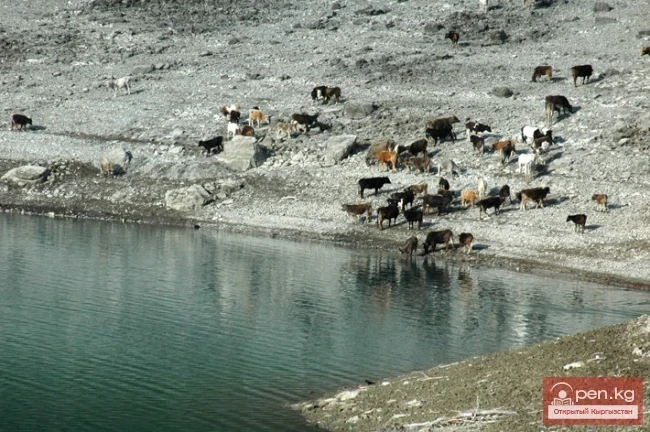
Lake Kara-Suu
Lake Kara-Suu is located in the Toktogul district. It is a dam-type lake, and its level depends on...
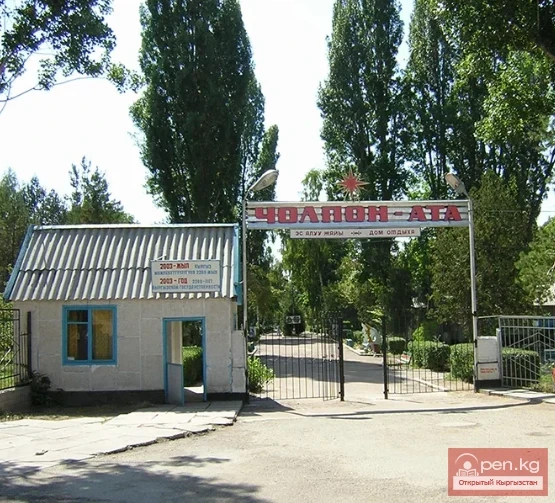
Cholpon-Ata Recreation Center
Cholpon-Ata Recreation Center - an economical option for relaxation at Lake Issyk-Kul. It is...
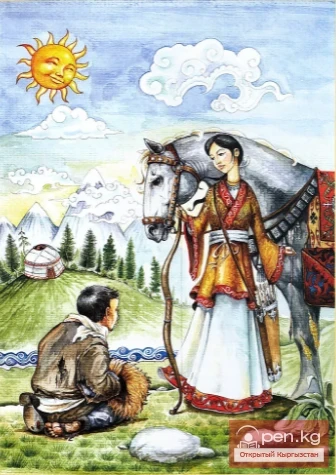
The Tale of Alyka and Barypjan
ALYKE AND BARYPZHAN There lived two friends named Sarykan and Karakan. Sarykan had a son, Alyke,...
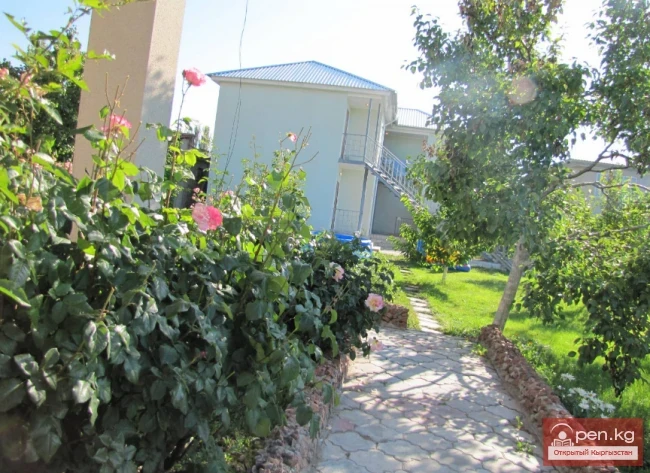
The title translates to "Edelweiss Boarding House."
Edelweiss Guesthouse for Health and Family Recreation The private guesthouse "Edelweiss"...
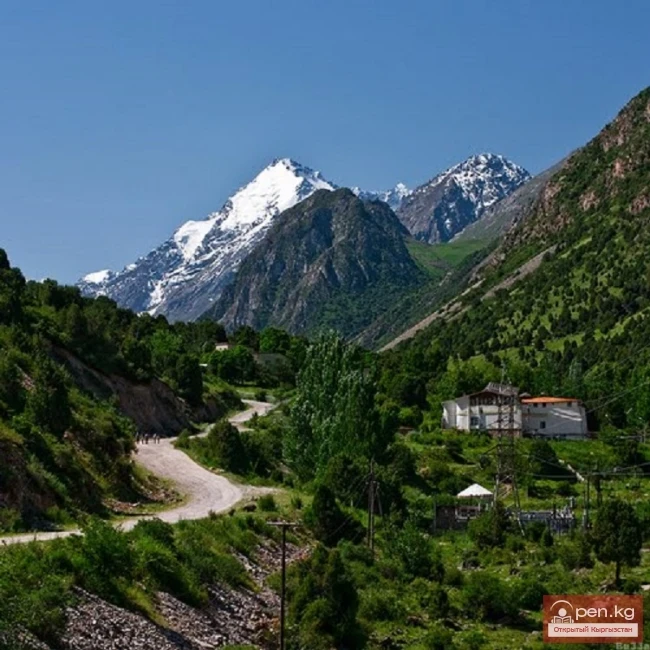
Resort "Warm Springs"
Resort "Teplye Klyuchi". Located 35 km from Bishkek. The resort complex is situated at...
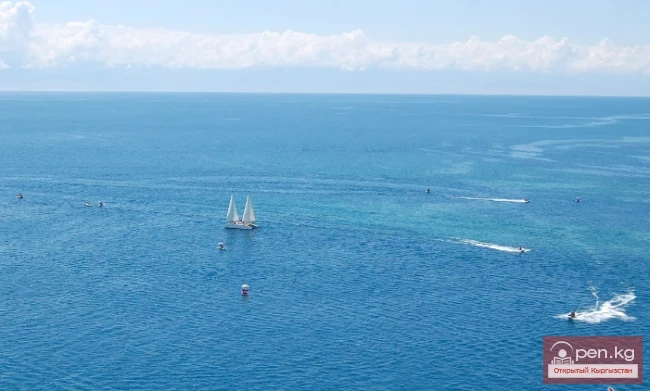
The title translates to "Ak-Kayin Boarding House."
Ak-Kaiyn Boarding House is located on the northern shore of Lake Issyk-Kul, in the village of...
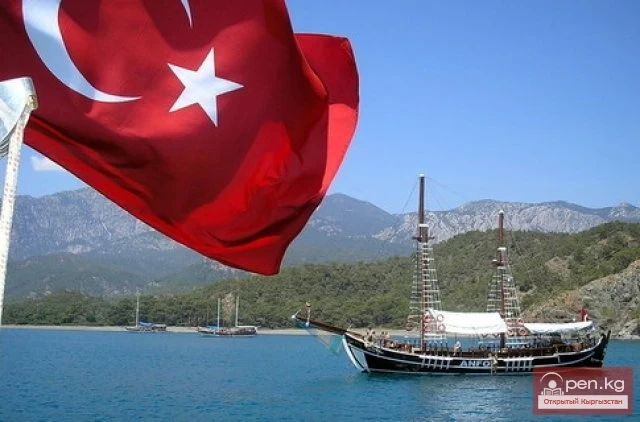
The Ministry of Foreign Affairs reminded about the new entry rules for Turkey.
The Information, Press and Culture Department of the Ministry of Foreign Affairs clarified the...
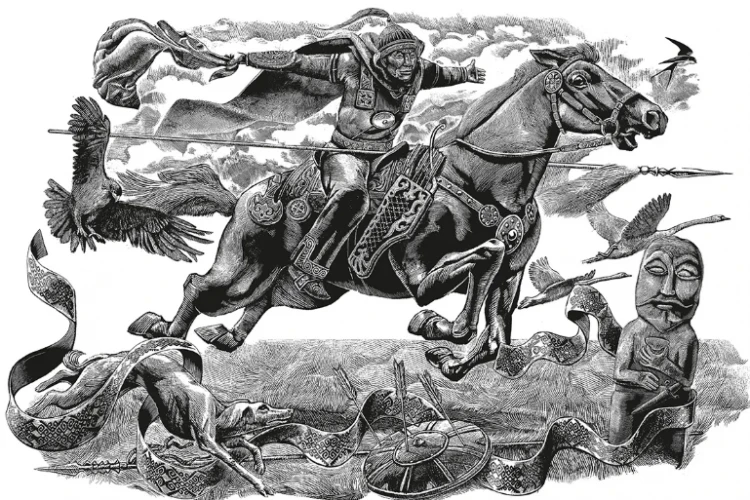
Semetey. The Quarrel of Semetey with Chinkodjo. Part - 3
At that time, Semetey, riding Taking Kulchoro and Kanchoro with him Catching many geese and...
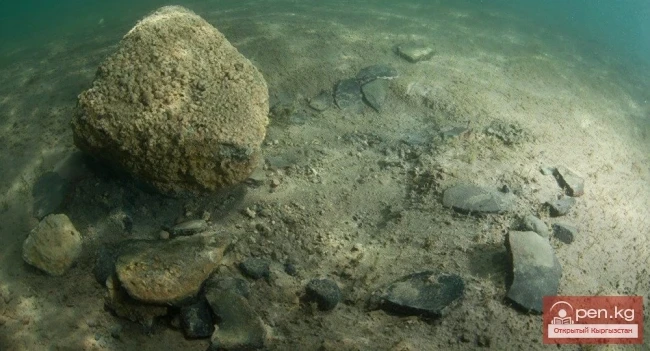
An Ancient Scythian City Found at the Bottom of Issyk-Kul
Divers managed to retrieve many finds from the bottom, including a whole ceramic vessel, a large...
